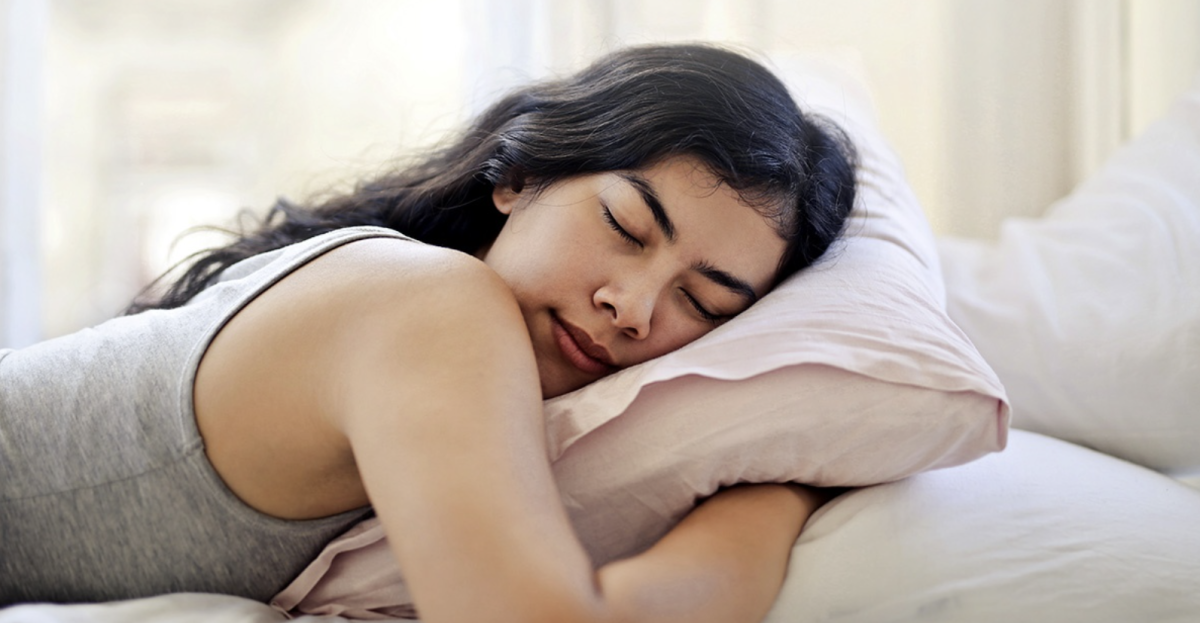“I’ll just pull an all-nighter.”
“I’m not really a morning person.”
“Coffee is basically my personality at this point.”
With the end of the 1st semester 8 days away, chances are you’ve heard this in the hallways. Sleep deprivation is so common among teens that it almost feels normal. Between early school schedules, endless homework, and distractions like social media, many students settle for four or five hours of rest on a good night.
Is it really no big deal? The truth is, missing out on sleep doesn’t just make you groggy—it can affect your memory, mood, and overall health in ways you might not expect.
Teenagers face unique challenges when it comes to sleep. Thanks to changes in the brain during puberty, teens naturally feel tired later at night, but society doesn’t exactly cater to these biological rhythms. With high schools starting as early as 7:30 a.m., students often have to wake up well before their bodies are ready. Combine that with hours of extracurriculars, part-time jobs, and the siren call of TikTok and Instagram reels at midnight, and it’s no surprise most teens struggle to get the recommended 8–10 hours of sleep.
Not getting enough sleep might feel normal, but it comes with real consequences. Sleep-deprived brains struggle with focus, which can make everything from listening in class to remembering study materials harder. This doesn’t just hurt test scores; it can also make you feel stressed or overwhelmed. Lack of sleep also has an effect on your emotions—making you more likely to snap at friends or feel irritable for no reason. Over time, this exhaustion can lead to bigger issues, like anxiety, depression, or even long-term health problems.
What can be done? For starters, make sleep a priority, even when it feels impossible. Ditch your phone at least an hour before bed—blue light from screens disrupts melatonin, a hormone your brain uses to help you fall asleep. Try going to bed and waking up at the same time each day, even on weekends, to train your body for better sleep patterns. On a larger scale, schools can help, too. Some districts have already moved to later start times. According to iflscience.com, research shows this boosts students’ academic performance and happiness. If early mornings are a struggle for you, consider advocating for change in your own school community.
Sleep deprivation doesn’t have to be a defining part of high school. Getting enough rest isn’t just about not feeling tired—Sleep helps you think clearly, feel better, and even perform your best academically. So, instead of cramming another hour for that quiz or scrolling endlessly on TikTok, try getting some extra rest tonight. Your mind and body will thank you.



